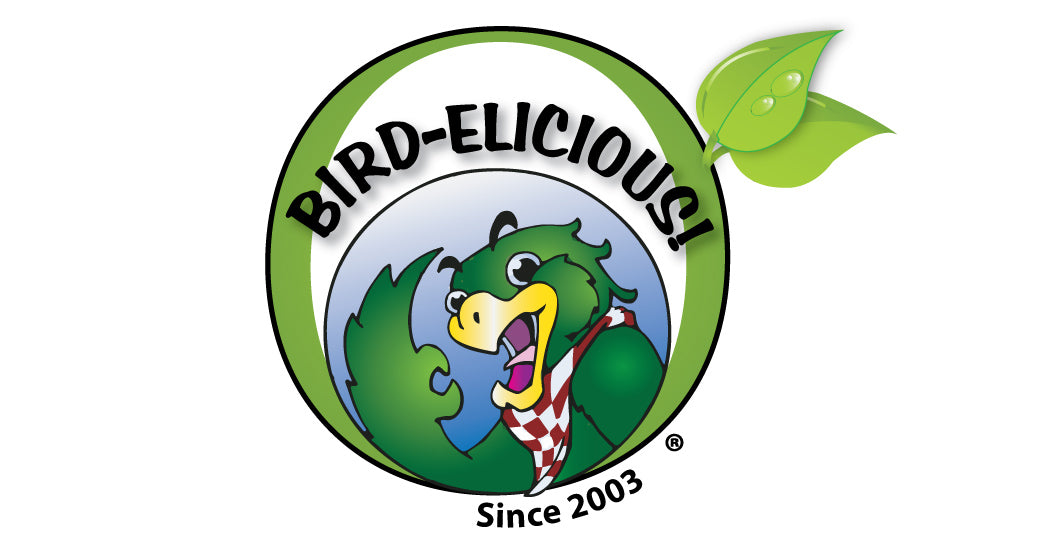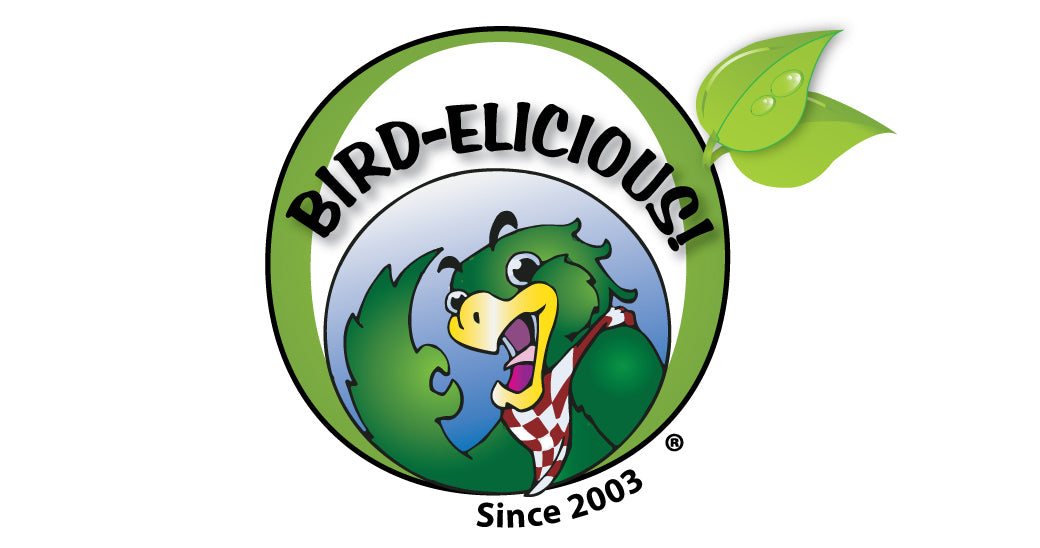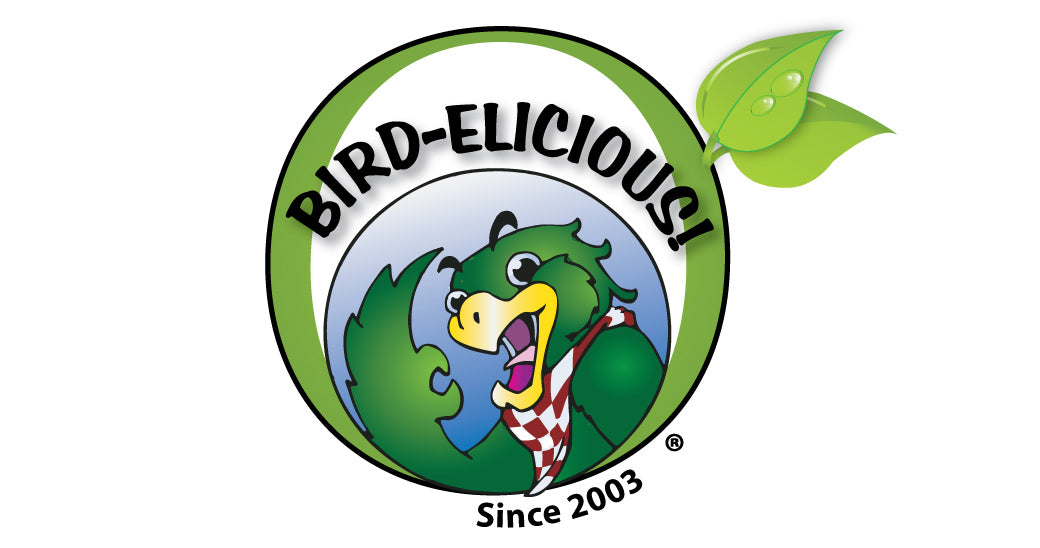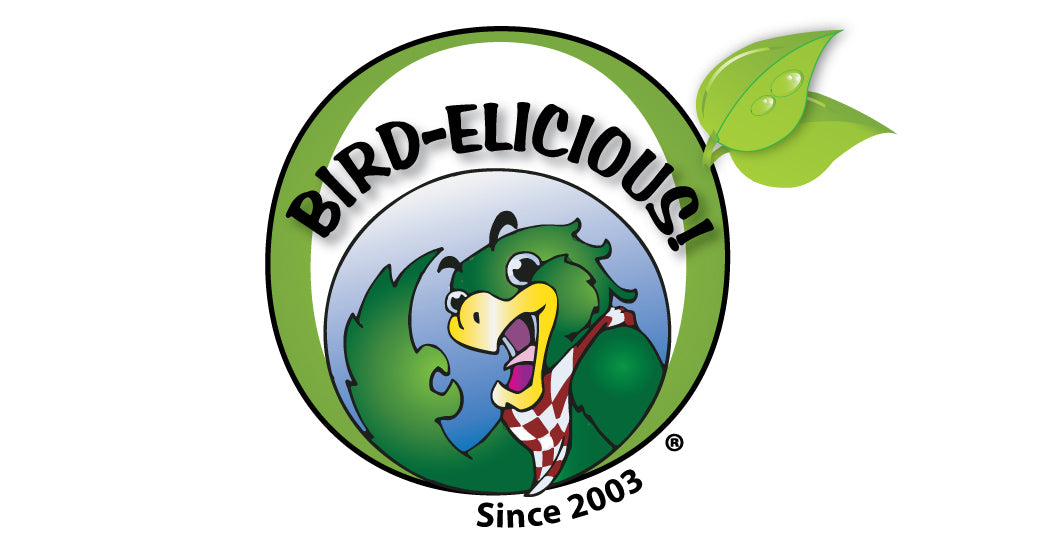Everyone seems to be discussing the pros and cons of these two varieties of cinnamon these days; Ceylon and Cassia. Which is healthier for our companion birds? Can one actually be toxic to feed our birds?
Personally I use the Ceylon variety; it’s known as the “real deal” or “true cinnamon” when it comes to cinnamon. And yes, Cassia can be toxic to our birds.
Ceylon is a softer cinnamon botanically known as Cinnamomum verum whose indigenous region is Sri Lanka. Ceylon is composed of many thin layers and easily ground into a powder. Ceylon does NOT contain coumarin, a blood thinning agent, a naturally occurring constituent found in Cassia. In fact Ceylon contains healthy agents such as proanthocyanadins which have strong antioxidant benefits and may be beneficial to the liver. In addition Ceylon has shown in clinical studies to help in maintaining blood sugar levels in diabetics. (1)
Cassia on the other hand is not real cinnamon and it DOES contain coumarin. It is hard bark off an evergreen tree indigenous to China. Cassia is also widely cultivated in southern and eastern Asia. The botanical name is Cinnamomum cassia. Taken in large amounts or consumed long-term on a regular basis cassia can add to or cause liver disease due to the high amount of naturally occurring coumarin. (2)
Coumarin is listed as a toxin that can cause hemorrhage in birds. This information is found in Clinical Avian Medicine and Surgery online version of avian medicine. (3)
Exactly what is coumarin and why is it found and/or used in foods and the medical field?
Coumarin is a naturally occurring food chemical/constituent in many foods. It is found in high concentrations in Cassia. It is also found in tonka beans, strawberries, apricots, cherries, sweet clover and bison grass. In the medical profession synthetic coumarin, also known as benzopyrone is used to thin blood for cardiovascular and blood disorders. Consumed or taken by prescription on a long and regular basis coumarin can potential add to or cause liver damage.(4) This is why those who are on a coumarin regimen for cardiovascular or blood thinning regimen have to undergo blood tests to check liver function on a regular basis.
When we consider that our companion birds are ingesting foods high in “salicylates” which is the same naturally occurring constituent as the main ingredient in aspirin, and then we add foods containing coumarin, both blood thinning agents, if we are not careful we can inadvertently cause internal hemorrhaging without even realizing!
Almost all foods we feed contain naturally occurring salicylates. Foods such as greens, vegetables, fruit, berries, sprouts and more all contain salicylates. This food chemical/constituent is placed in these foods by Nature as a “natural protector” to ward off any pests that might try to consume these foods.
When we add foods containing naturally occurring coumarins to our birds’ diets we are further thinning the blood only increasing the potential for internal hemorrhaging.
This is yet another reason I continually state that it is not enough to know the macro and micro nutrients we are feeding to our beloved birds. In other words, throwing in the “whole kitchen sink” method of feeding our birds does not work. We must also know the constituents in all of the foods we are feeding so we know what constituents are playing with and against other constituents in the other foods we are feeding to our birds. If we do not thoroughly understand nutrition and all of the surrounding properties of all of the foods we are feeding we can easily under-nourish our birds or over-feed certain constituents making our birds very ill.
Illness may not show up for years down the road, or suddenly end in death. Birds are very hearty, but yet they can die in the blink of an eye. As we all know birds hide their illnesses very well; sometimes we have no time to reverse any damage our birds have encountered.
“Let food be thy medicine and medicine be thy food” is the infamous Hippocrates quote, but if we don’t have a thorough understanding of the “medicine” in the food we feed, food can be just as harmful as pharmaceuticals. I think this is the message the FDA is trying to get across to all of us by the steps they are taking regarding the labeling of “natural” supplements and the claims the manufacturers are making about them.
(1)http://www.livestrong.com/article/516598-the-health-benefits-between-ceylon-cinnamon-and-cassia
(2)Side Effects: http://www.webmd.com/vitamins-supplements/ingredientmono-1002-cassia%20cinnamon.aspx?activeingredientid=1002&activeingredientname=cassia%20cinnamon
(3)http://avianmedicine.net/content/uploads/2013/03/37.pdf
Harrison GJ: Toxicology.
In Harrison GJ, Harrison LR (eds): Clinical Avian
Medicine and Surgery. Philadelphia,
WB Saunders Co, 1986, pp 491-499.
(4)http://www.wisegeek.org/what-is-coumarin.htm
©12.18.15 Machelle Pacion Passion Tree House LLC All Rights Reserved




Leave a comment (all fields required)